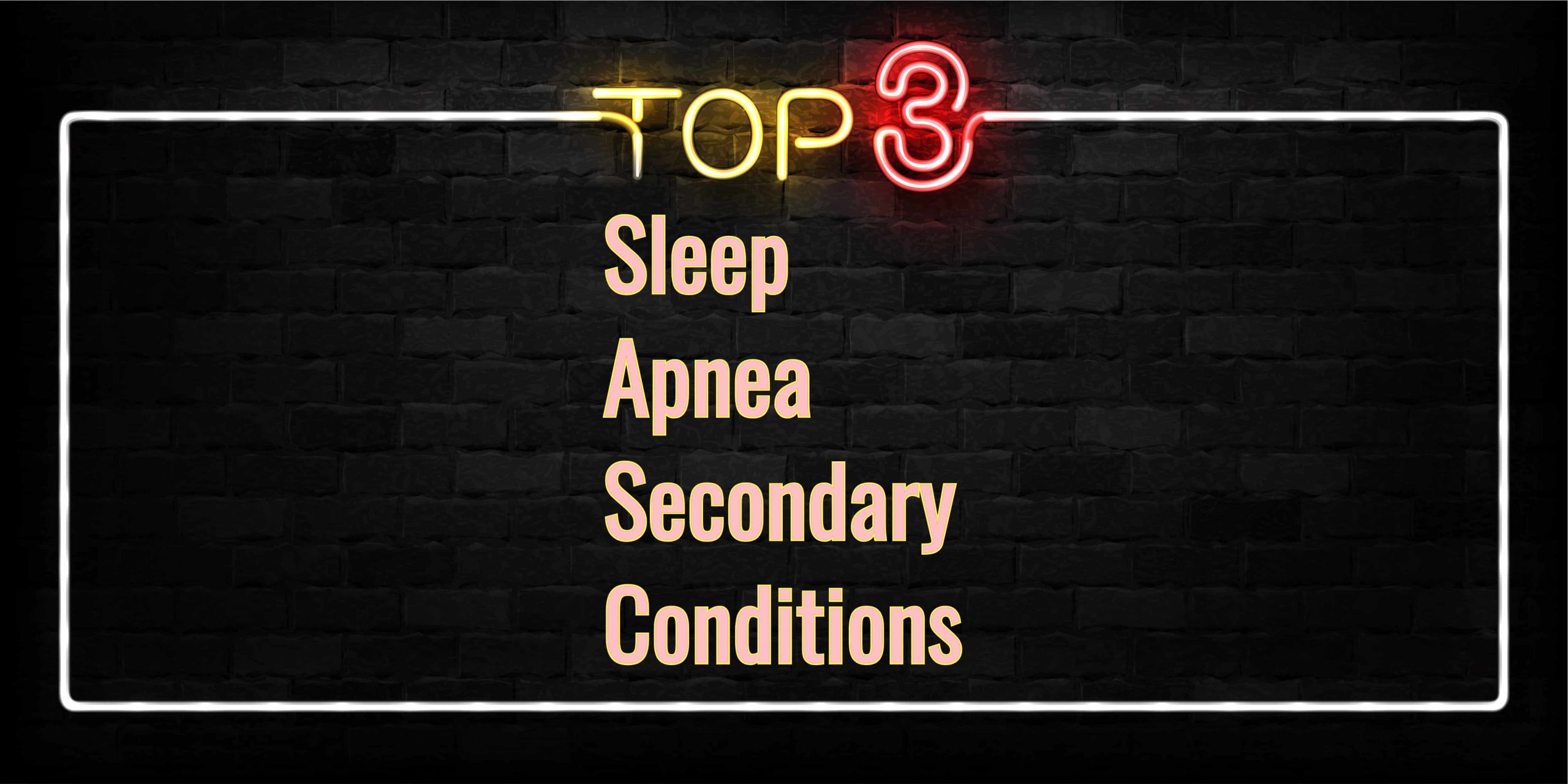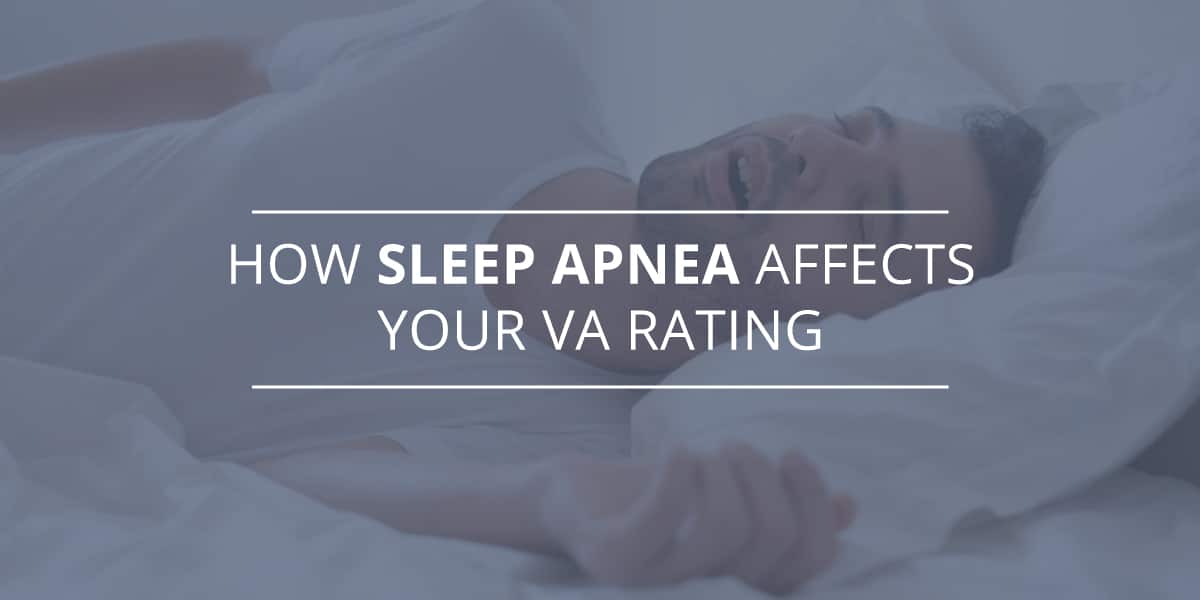Va Sleep Apnea Secondary Conditions
If you're looking for picture and video information related to the keyword you've come to pay a visit to the right site. Our website provides you with hints for viewing the maximum quality video and picture content, hunt and locate more enlightening video articles and images that fit your interests.
includes one of thousands of video collections from various sources, particularly Youtube, therefore we recommend this video that you view. This blog is for them to stop by this website.

Many veterans with sleep apnea develop depression.
Va sleep apnea secondary conditions. By law there are three evidentiary elements that must be satisfied for sleep apnea secondary conditions to prove secondary service connection. Sleep Apnea secondary to Atrial Fibrillation. This requires that the secondary disability be proximately caused by or proximately aggravated by another service-connected disability. Sleep Apnea secondary to Back Pain.
In fact veterans are a shocking four times 4x as likely to have Sleep Apnea compared to the general population. Sleep Apnea secondary to Asthma. You can secondary-service connect sleep apnea. If you are looking to prove a service-connection on a secondary basis you will have to prove causation.
Rhinitis can be linked to microarousals and sleep fragmentation which can worsen sleep apnea. One medical research study assessed the reported prevalence and severity of sleep disturbance in chronic tinnitus patients. If you are service-connected for a mental health conditionsuch as PTSDDepressionAnxiety. A medical diagnosis of sleep apnea confirmed by a sleep study in VA medical records or private records sleep study in past 12 months.
Parkinsons Disease and many other conditions can also cause sleep apnea and other sleep disorders. Heart Disease Sleep Apnea. There are a number of conditions that can get you a secondary service connection for a sleep disorder. Studies show that regardless of weight age sex or race sleep apnea symptoms are associated with the onset of depression.
Active duty military members have been shown to be more susceptible to sleep disorders such as sleep apnea. Sleep apnea can cause veterans to wake up tired and irritable. If you have a service-connected injury or disability that ultimately caused sleep apnea your sleep apnea could potentially qualify for secondary service connection. The veteran can then argue that their weight gain which is linked to their service-connected condition caused sleep apnea thereby establishing secondary service connection.
We know that sleep apnea can be caused or related to other conditions common to Veterans but what about the conditions sleep apnea causes. Rhinitis is a known aggravator of sleep apnea. As mentioned before this is because people suffering from asthma will often develop new-onset sleep apnea symptoms meaning that if the two are linked asthma is the primary condition. As you do so keep in mind that sleep apnea is considered a secondary condition to asthma.
Inconsistent sleep over a period of time can wear down a person and cause mental health conditions. Medical Evidence to Prove Sleep Apnea VA Disability Is Linked to Another Service Connected Disability. For example a veteran is taking a medication for their service-connected psychiatric condition and this medication causes weight gain. If you are service connected for COPD or other serious respiratory conditions you can secondary service connect sleep apnea.
PTSD anxiety and depression can all cause insomnia nightmares sleep terrors and other sleep disturbances. A showing of causation requires that the secondary disability be shown to be proximately due to or the result of a service-connected disability. Veterans with both conditions are often able to service-connect both conditions and receive a VA chronic rhinitis rating and VA sleep apnea rating at the same time. Sleep Apnea Secondary to GERD VA Disability Service connection on a secondary basis requires a showing of causation.
Sleep Apnea secondary to Amyotrophic Lateral Sclerosis ALS Sleep Apnea secondary to Anxiety. The most common primary condition linked to sleep apnea as a secondary condition is PTSD. Sleep Apnea can be rated secondary to Tinnitus at 0 30 50 or 100.



















